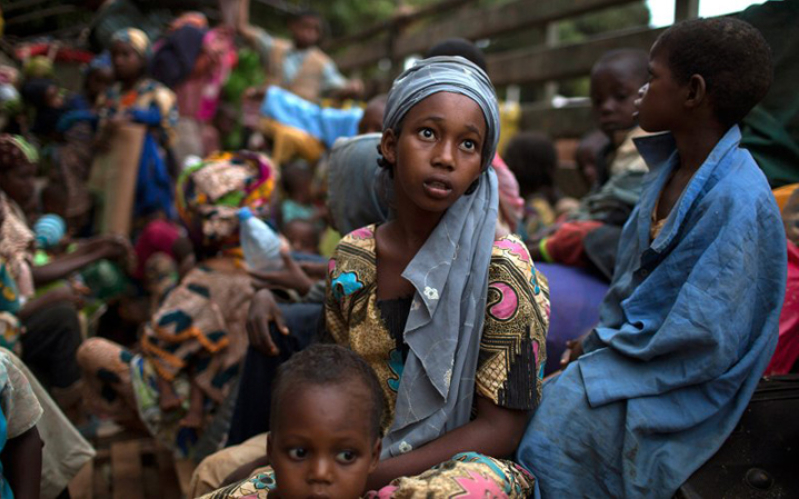
Muslims radicals punished the daughter of a Christian missionary for her faith by subjecting her to brutal female genital mutilation. Currently, the young woman remains in a coma, struggling for her life.
Lydia, the 14-year-old daughter of Yoonus, a missionary working with Bibles for Mideast, was walking home from school in West Africa when a group of Muslim fanatics captured her and violently circumcised her. After the mutilation, they abandoned her, leaving her bleeding and screaming in agony.
A local secret believer heard Lydia's screams, and took her to hospital. However, by the time she arrived she was in a life-threatening coma. Currently, the young girl is struggling for her life.
According to Bible for Mideast, a ministry that operates in the Middle East, Asia and Africa by giving away Bibles, evangelizing the lost and planting churches, Lydia was targeted for her faith, as she "boldly proclaimed Jesus as the Son of God" and "loved to speak of how He died on the cross of Calvary and rose from the dead to save everyone from sin and death."
Her father, originally from another part of Africa, had been a Muslim scholar who converted to Christianity after having a vision of Jesus Christ. Due to severe persecution in their native village, however, the entire family had to flee to their current home.
The local Muslim community recently learned Yoonus had left Islam and was now leading Muslims to Christ. Angered, the Imam of the local mosque, along with community leaders, urged him to return to Islam and promised to give him gifts if he rejected Christianity. However, Yoonus and his family refused to renounce their faith, resulting in increased persecution.
Bibles for Mideast has asked the international community to continue to pray for Yoonus and Lydia, the believers in West Africa, and the medical staff looking after her.
According to the World Health Organization, Female Genital Mutilation (FGM) is an illegal practice that involves the partial or total removal of the female external genitalia for non medical reasons.
The ritual, which can cause severe bleeding, infections, as well as complications in childbirth, is carried out for various reasons, such as the belief that the procedure reduces a woman's libido and decreases the risk of extramarital sexual affairs, and is linked to African non-Christian religions and traditions.
UNICEF data reveals that more than 200 million girls and women alive today have been cut in 30 countries in Africa, the Middle East and Asia. FGM is mostly carried out on girls and infants below the age of 15 - often by their own mothers - and is considered a violation of human rights.
Voice of America notes that the U.N. Population Fund and U.N. Children's Fund have been supporting 17 countries in a Joint Program on Female Genital Mutilation since 2008. As part of the Sustainable Development Goals, the United Nations has called for an end to FGM by 2030.
To do this, U.N. officials have said governments must work together to enact and enforce laws and policies that "protect the rights of girls and women and prevent FGM," that those at risk have greater access to support services, and that families and communities take action and refuse to permit their girls to undergo the practice.






